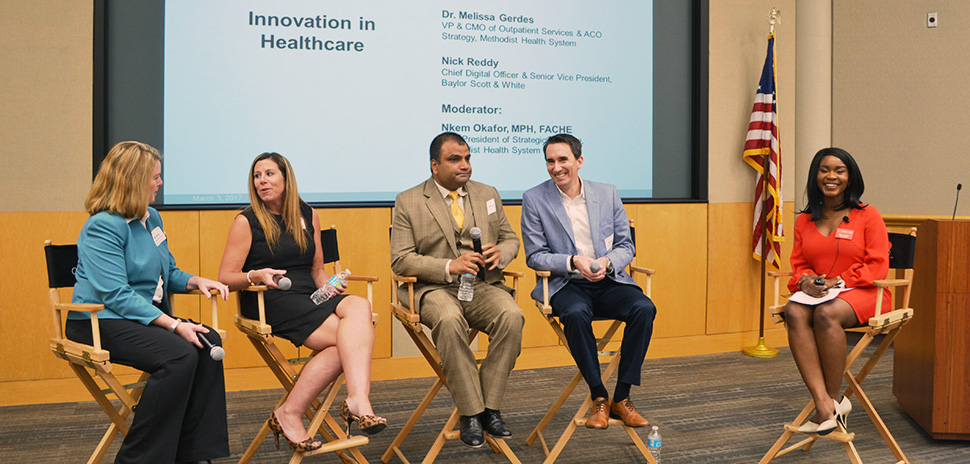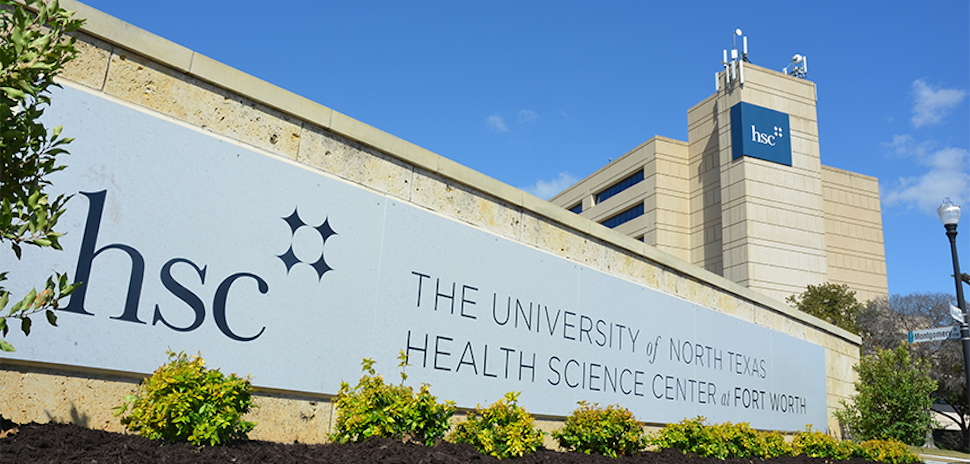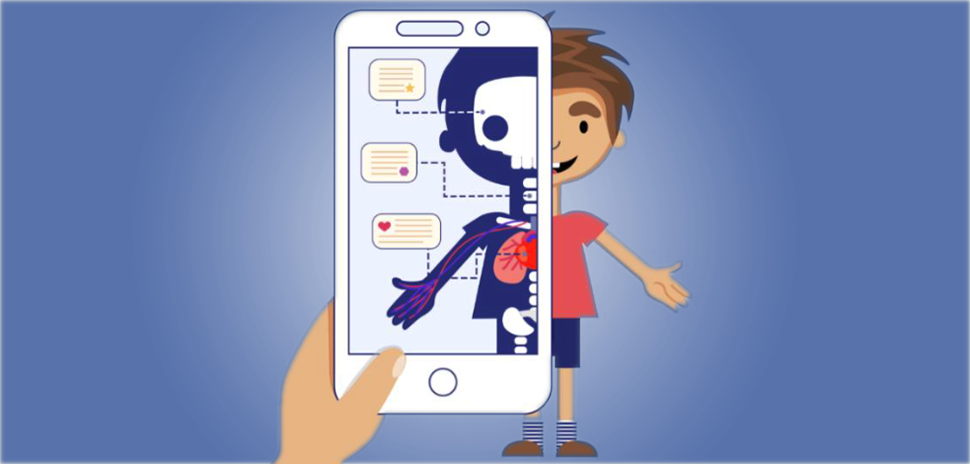Editor’s note: A version of this story was first published on the Dallas Regional Chamber blog.
The health-care sector, noted for its conservative approach to change, is turning the corner on the use of data and unconventional strategies for solving long-standing problems in medical care, according to a panel of experts assembled by the Dallas Regional Chamber recently.
Eighteen health-care thought leaders from across the Dallas Region convened March 3 in a daylong workshop to discuss challenges, perils and promises facing the industry, at a Leadership Dallas forum at Children’s Medical Center of Dallas.
“It’s not a trend. This will happen.”
Nick Reddy
At the workshop’s Innovation in Health Care panel, Nick Reddy said the average bank customer might represent 3,000 to 4,000 data elements, compared to the average hospital patient’s 80,000 data elements. Reddy, chief digital officer at Baylor Scott & White, said that information-rich fields such as health care readily lend themselves to computer analysis, for tasks, including reviewing images resulting from scans. Reddy said artificial intelligence is rapidly evolving to perform even more complex tasks in health care, perhaps even medical diagnoses.
“It’s not a trend,” said Reddy. “This will happen.”
Fellow panelist Julie Hall-Barrow, vice president of Virtual Health & Innovation at Children’s Health, said health-care providers are catching up to other industries, in terms of meeting the public where they are.
“Everything they need can’t be handled by a technology application, but we can point them in the right direction.”
Julie Hall-Barrow
“Millennials have never been to a bank; they’re used to convenience,” said Hall-Barrow, vice president of Virtual Health & Innovation at Children’s Health. Hall-Barrow, an expert in telemedicine at the hospital, said that younger mothers expect answers to their health-care questions immediately, and if their primary physician isn’t available, they’ll move on to the next provider.
“Everything they need can’t be handled by a technology application, but we can point them in the right direction,” she said. “Now, our provider can say, here’s telemedicine on your phone.”
Telemedicine — medical visits through a video call, similar to Skype or FaceTime — can prevent bad scenarios, such as young mothers taking their babies into emergency rooms, when they only have a minor case of acne (common for newborns).
“The worst place for a new mom is to bring a healthy baby into the emergency room,” she said. “Let’s keep her there (at home).”
Dr. Hubert Zajicek of Health Wildcatters — a nationally ranked health-care startup accelerator — said apps and other technologies can help create closer relationships between patients and health-care providers.
“I think health-care systems … can be all-encompassing health-care providers, being at your side, whether it’s just a simple question, or a little concern, establishing brand loyalty, which baby boomers have grown used to,” he said.
In the discussion, Dr. Melissa Gerdes, vice president and chief medical officer of Outpatient Services and ACO Strategy at Methodist Health System, described a pilot health-care navigation system launched at Methodist four years ago, to help patients with chronic illnesses and their families.
Gerdes said chronically-ill patients — and family members — found the task of tracking their medical care to be a full-time job. She said initially, three registered nurses were assigned the task of helping patients with multiple conditions and medications to help those patients and their families track their care.
“Today, that’s what’s really helping this group of individuals navigate the health system smartly, to help them get what they need.”
Dr. Melissa Gerdes
The program, now known as the Methodist Alliance for Patients and Physicians, was one of the first Medicare Accountable Care Organizations (ACO’s) to generate savings, scoring in the top 25 percent in quality, by coordinating about 15,000 Medicare beneficiaries’ care with emphasis on quality, patient experience, and cost. The program so far has saved the federal government more than $40 million in three years.
“Today, that’s what’s really helping this group of individuals navigate the health system smartly, to help them get what they need,” she said.
More than 50 members of the Dallas Regional Chamber’s 2017 class attended workshop discussions that ranged from political wranglings over the Affordable Care Act or its proposed replacement, to a short history of chronic disease outbreaks in North Texas, to lessons learned from the July 7 fatal shootings of police officers in downtown Dallas.
For more information about Leadership Dallas, about the application process, and attending an information session, visit www.dallaschamber.org/ld.
Delivering what’s new and next in Dallas-Fort Worth innovation, every day. Get the Dallas Innovates e-newsletter.





































































